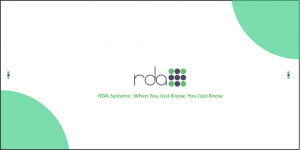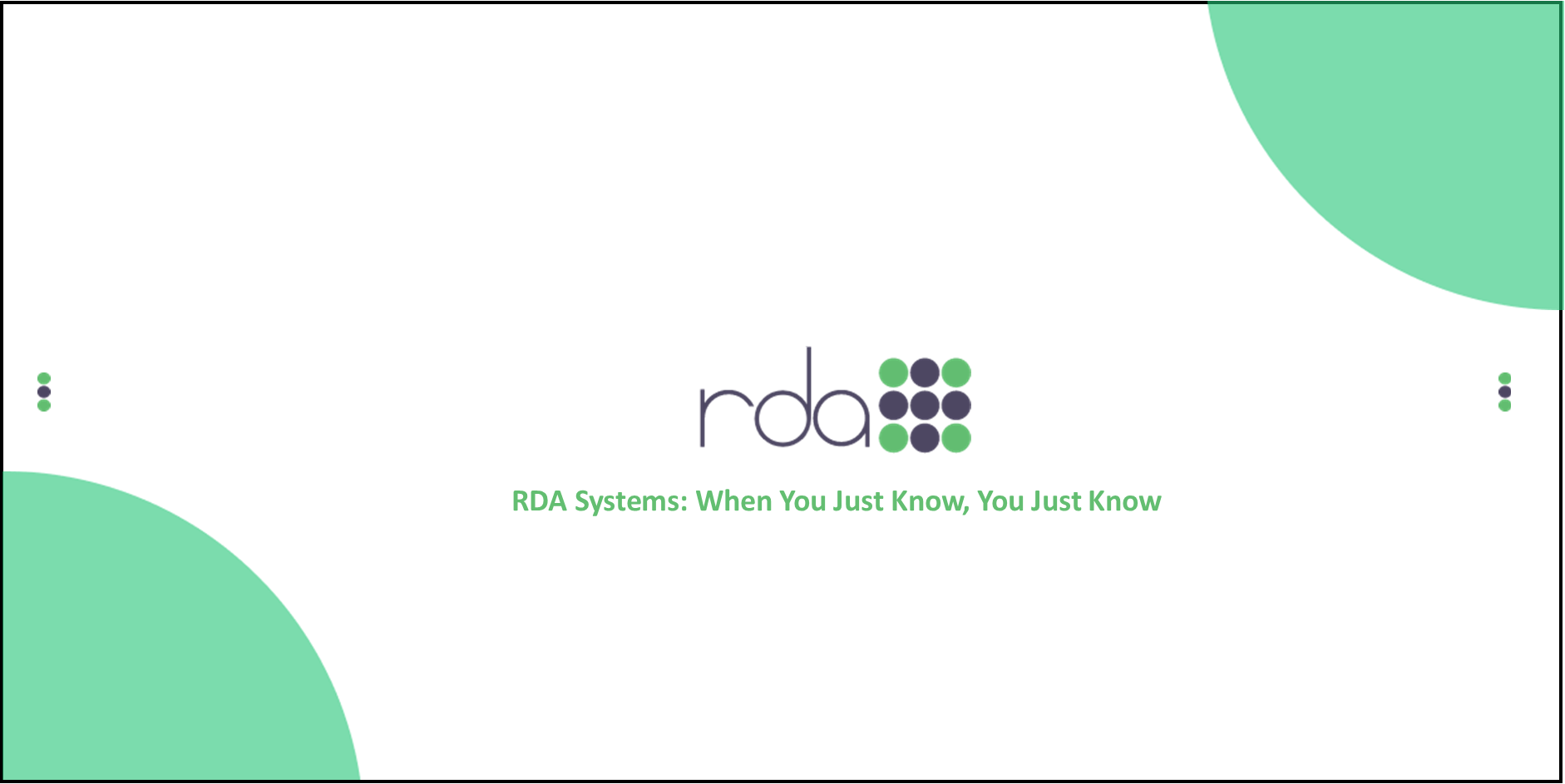So many questions come up this time of the year for customers who are on a July-June fiscal year (for those whose fiscal year is on a different basis, please read on as this is also applicable to you; just a little later in the year). ?_
In OpenRDA, we have the twelve actual months plus the two virtual months, Pre-Year and Post Year. ?_Pre-Year is used for pre-paid expense (example: ?_when you receive an invoice that must be paid in this fiscal year but is actually for services/goods in the subsequent fiscal year; if you don’t already have a standard balance sheet code for PRE-PAID ITEMS, please create one; it will be beneficial for your audits; and keep in mind that this is an asset account, not a liability; depending on your state, the code might be 181 or 3800). ?_Post Year is used exclusively for accruals–for expense and for receivables. ?_Examples of an expense accrual: ?_your payroll period ends June 30th and the employees will be paid (checks/direct deposits dated) in July; the expense is included in FY 2013 (Post Year month) but cash is not affected until July FY 2014. ?_Another example is for 10-month contract employees who are paid over 12 months; the expense is to one fiscal year (FY 2013) but the checks/direct deposits are dated in July and August (which means that cash is affected in the new fiscal year 2014). And yet another example is for invoices received and paid in the new fiscal year that are for goods and services received/obligated in the prior fiscal year (there’s normally a sixty-day window for these).
So, what happens with vendor withholding? ?_Well, vendor withholding is balance sheet only (credits to cash and debits to deductions payable). ?_It’s not expense (that happens with the pay master during distribution for employee wages and employer-paid benefits). ?_As a result, the fiscal period should correspond to the dates of the checks/electronic transfers (and should not be confused with the fiscal period on the pay master; there is no correlation); if the checks/electronic transfers are dated in July, 2013 (and your fiscal year begins in July), then the fiscal month is July and the fiscal year is 2014.
And, what about receivables? ?_The fiscal month that you select when entering financial receipts must match the deposit month. ?_So, that rules out the use of pre-year and post-year as they are virtual months. ?_But, the money was received in July or August (FY 2014) and it’s actually revenue for FY ?_2013. ?_What do you do since the software won’t allow you to use post-year fiscal month? ?_OpenRDA has a process for reclassification of revenue to prior year. ?_So, enter the receipt as a revenue type receipt in the fiscal period it was received. ?_Then use the reclassification process to move the revenue to the prior fiscal year and to establish the receivable (this reclassification might be initiated by the finance director or when your auditor instructs you to do so); and please note that this process uses the receivable code in the receipt journal assigned to the receipts that need to be reclassified (although unique receipt journals for grouping purposes is always helpful, that isn’t necessary for this process; just edit the receivable code in the journal as needed before reclassifying a receipt). ?_Before we developed the reclassification process, users had to enter balance sheet receipts (debiting cash and crediting an accounts receivable code) and then a revenue type journal entry (debiting the same accounts receivable code). ?_We firmly believe in keeping corrections and reclassifications in the source (receipts, for example) instead of doing journal entries ?_(and if you missed reading the product announcements, last month’s program release included a new process for reclassifying vouchers to a different expenditure/revenue code–no undo processes, no journal entries required!!!).
How do accruals, receivables, pre-paid expense affect the balance sheet (trial balance)? ?_Whenever accruals are involved (expense hit in one fiscal year and cash in the next fiscal year), the payable accounts (accounts payable, salaries payable, deductions payable, etc.) will reflect a credit balance. ?_When a receivable is involved, the applicable accounts receivable account (an asset) will reflect a debit balance. ?_When pre-paid expense is involved, this asset account will reflect a debit balance for the fiscal year. ?_These balances “roll-forward” when the Set Beginning Balances based off prior year ending balances is run (a process that is designed to be run over and over again as prior year ending balances change).?_
Sally McPherson (team leader for the Finance product group) has prepared a document that provides a visual (End of Year Accruals and Payables Explanation with a series of Trial Balances). It can be found in OpenRDA Answers as well as on the Documentation page of our website.
Questions? ?_Comments? ?_We’re here to help and always enjoy hearing from you.

5/9/2025 NEW RDA PROGRAMS RELEASED
New Program Release for 4.1.7-46950 Here is what to expect! Negative Revenue on journal entries will now have a warning instead of an error message...
Read More...



